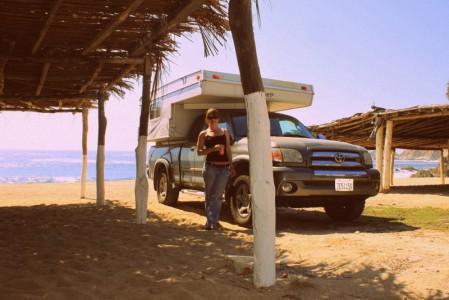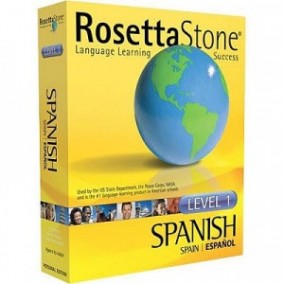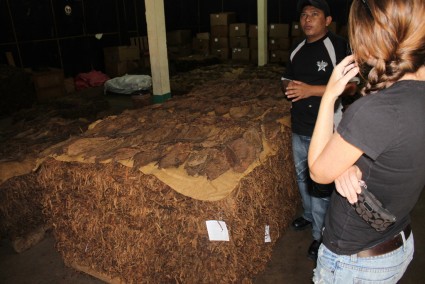Overland Advice Series, part 9 of 10:
Spend a long weekend in Puerto Vallarta and it’s easy to believe you’ve mastered the Spanish language. The reality is you know how to order a beer and ask for the bathroom. That margarita weekend won’t get you far at the Guatemala border crossing. The first step is to admit ignorance.
How far you stretch your Spanish skills will determine how your trip will play out. It’s entirely possible to get by on the usual memorized phrases. But with an increased comfort level, your options for exploration expand enormously and as a bonus side effect, costs go down. When you find your organized campground no longer exists and you’re 200 miles from the next town, knowing how to ask if you can camp out behind a restaurant on the beach comes in pretty handy.
The best place to start is the city library. Leave all your notions of dusty encyclopedias at the door. During our year of PanAm preparation, the San Francisco public library offered Rosetta Stone online through their website. With my (free) library card, I was able to learn Spanish in my own living room, for free. Additionally, I made use of several other free language programs online through the library.
Most city colleges offer conversational Spanish courses each semester and they’re more affordable than private lessons. Order some phrase books (Mexican Spanish and Latin American Spanish are great) and start practicing yesterday. If you’re a member of the Apple generation, don’t leave home without the SpanishDict app.
Spanish Lessons Learned
- Your tense will be wrong, you’ll conjugate the verb inappropriately, but just give it a shot. Effort goes a long way south of the border.
- Listen. Don’t think about your answer before they’ve finished their statement.
- Kids love to try out their English on you, this is a great way for you to try out your Spanish on them.
- If you listen closely, native Spanish speakers will sometimes repeat back what you just said with corrections to your mistakes. Say thank you! Friendly corrections should be encouraged.
- “Habla ingles?” should not exist in your personal lexicon of Spanish. If the person speaks English they’ll figure you out soon enough, otherwise struggle through, they appreciate it, and you need the practice.
- The usted form is appreciated throughout Mexico and Central America but is considered too formal in South America.
- The vos form is a fun reminder that everything you thought you knew changes in Argentina.
- Guatemala and Bolivia are two of the most affordable countries to take Spanish lessons. A private class with a university professor goes for about $6US/hour in Bolivia. Ask other overlanders for the latest recommendation.
- Sometimes you just have to call a spade a spade and explain no hablo español when you’re out of your element. This often ends in a helpless shrug, a smile, and you’re on your way. But in Chile and Argentina you’ll find this statement roughly translates to, “I would love to hear you speak at length on this topic, but please speak as rapidly as possible from this point forward.” To be fair, it’s really odd for you to be in their country if you don’t speak the language.

























































Great post! I just wanted to add/suggest spanish classes in Peru. I’m taking private classes at Manuel’s Language School in Huanchaco (located on Los Pinos) for 15 soles/hour (roughly $5). I highly recommend him, if you’re in the area.
I should note that I don’t recommend Manuel to you (Logan and Brianna), since you are way past Peru. I meant, I recommend Manuel to YOU (fellow overlanders making you way down the PanAm). There we go….makes much more sense now
Thanks for the tip Stevie. Overland insight direct from the road is what it is all about.
True, true true, true.
Understanding the language will turn the trip from “being on the outside looking in” to really being a part of the land, culture, and people. We thought we would just figure it out as we went, we were sadly mistaken. Many missed opportunies in Mexico, We are taking a month here in Guatemala to work on our spanish and “hopefully” understand/converse un poco mas with the locals.
Hopefully your article will convince your readers to study and work on spanish BEFORE the trip. Even a little bit will be worth its weight in oro.
Excellent call. With that much time invested in Guatemala, you’ll have a solid foundation to work with.
Did you two ever take spanish classes at any of the city colleges here in San Francisco? I’ve looked into it and immediately got overwhelmed with all the options.